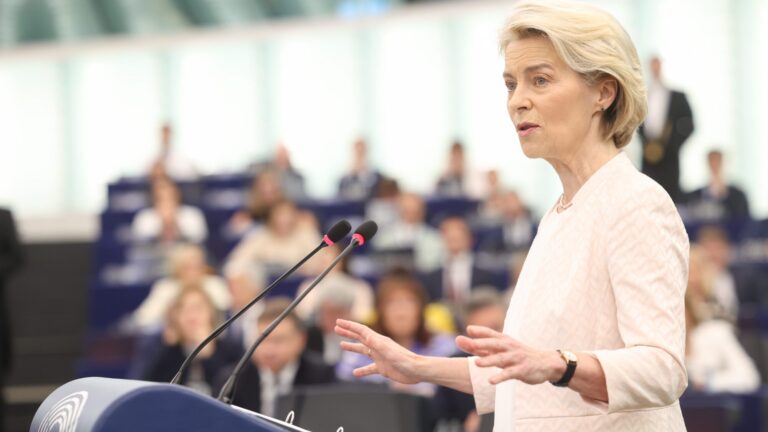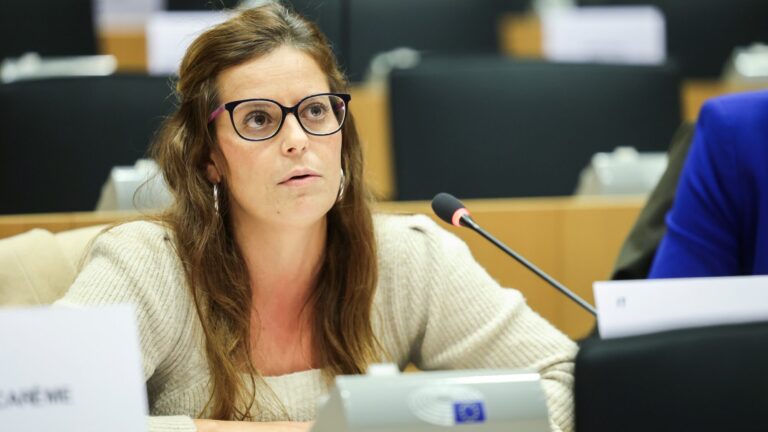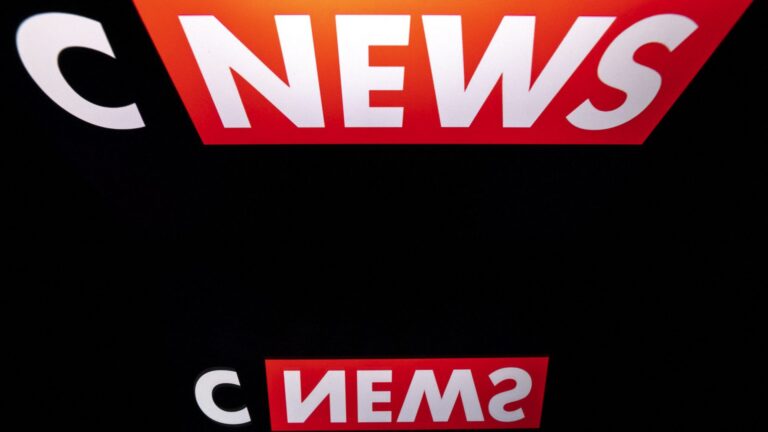Sending Western troops to Ukraine should not be ruled out, French President Emmanuel Macron said on Monday evening, February 26th. His comments came after a meeting with two dozen leaders and top officials in Paris. The French president is obviously trying to position himself as the face of Europe’s renewed militarism, even criticizing German Chancellor Olaf Scholz for trying to avoid further escalation with Russia.
Some European leaders not in attendance at the ad-hoc summit immediately reacted by denouncing the proposal as dangerous. Slovakian Prime Minister Robert Fico held a press conference in Bratislava, telling reporters that “restricted documents” floated before the summit “imply a number of NATO and EU member states considering that they will send their troops to Ukraine on a bilateral basis.”
“I cannot say for what purpose and what they should be doing there, but no Slovakian soldier will go to Ukraine,” Fico added. “For me, today’s meeting is a confirmation that the West’s strategy in Ukraine has failed.”
Budapest reacted similarly. “Hungary’s stance is clear and rock-solid: We are not willing to send weapons or troops to Ukraine. The war should not be deepened or widened but ended,” Foreign Minister Péter Szijjártó said.
Based on Moscow’s reactions, there is ample reason to be careful with the next steps.
“The very fact of discussing the possibility of sending certain contingents to Ukraine from NATO countries is a very important new element,” Kremlin spokesman Dmitry Peskov said. “In that case, we would need to talk not about the probability, but about the inevitability [of direct conflict with NATO].”
“There is no consensus today to send ground troops officially but … nothing is ruled out,” Macron said during Monday’s press conference in the Elysée Palace.
“We’re at a critical point in the conflict where we need to take the initiative,” the president said, adding that intelligence indicates that Russia may be preparing for a new “brutal offensive” in the coming months. “We will do whatever it takes to ensure that Russia cannot win this war. … The defeat of Russia is indispensable to the security and stability of Europe.”
While the battlefield situation indeed looks critical for Ukraine, President Zelensky just recently announced the first official data on Ukraine’s losses, saying that Kyiv lost 31,000 troops so far, while Russian deaths have surpassed 180,000. Ukraine’s numbers, however, are far below third-party estimates. For instance, Austrian defense officials estimate at least 200,000 Ukrainian casualties (70,000 dead and the rest are wounded, captured, or missing), while Col. Douglas Macgregor, a former Trump defense advisor, put Kyiv’s casualties at up to 350,000.
According to Macron, the possibility of sending European troops to Ukraine—previously unheard of— was now discussed in a “very free and direct” manner, and many leaders in Paris were generally open to any options “if it helps us achieve our goal.”
For the time being, the leaders at the summit “only” agreed on sending “non-military forces” to help Ukraine secure its northern border with Belarus as well as to conduct “de-mining operations.”
However, Macron also implied that the de-mining and border surveillance operations may already need some military contingents to join them, although he remained purposefully vague. “If these points were to be fully implemented, we can’t rule out the possibility that they might need to be secured, which would then justify some elements of deployment.”
It’s abundantly clear that President Macron is taking the opportunity to position himself as the face of Europe’s renewed militarism and willingness to strong-arm Russia, whatever it may take. He is striving to fill in the void left by the U.S.’s increasing reluctance to send more military aid.
For instance, Macron announced that his taking the lead in forming a new coalition of Western countries who are willing to send more mid- and long-range missiles to Ukraine, as well as joining Prague’s initiative to collect at least €1.4 billion to buy ammunition from outside Europe, practically letting go of his previous insistence that joint procurement should always come from European manufacturers.
At the same time, partly to further cement his leadership image in Europe, Macron was taking a few direct shots at Berlin for its reluctance to go all in.
Just before boarding his plane to Paris, German Chancellor Olaf Scholz announced that Berlin will not be sending Taurus cruise missiles to Ukraine to avoid escalation with Russia. Scholz explained that the long-range weapons are capable of hitting targets deep inside Russia, and he was not comfortable deploying German personnel in Ukraine who would be responsible for reprogramming them to reduce their range.
Scholz diplomatically reprimanded the French and the British for being reckless with their own long-range missile donations—referring to Anglo-French Storm Shadow (SCALP) cruise missile deliveries— implying that they are putting the entire NATO at risk of war with Russia.
President Macron, however, chose to downplay Scholz’s concerns and implied that Berlin would come around eventually.
“Many of the people who say ‘never, never’ today were the same people who said ‘never, never tanks, never, never planes, never, never long-range missiles, never, never this’ two years ago,” Macron said, reminding everyone that two years ago Germany was against sending anything but helmets and humanitarian aid, but it did change its mind about sending Leopard tanks, too.





